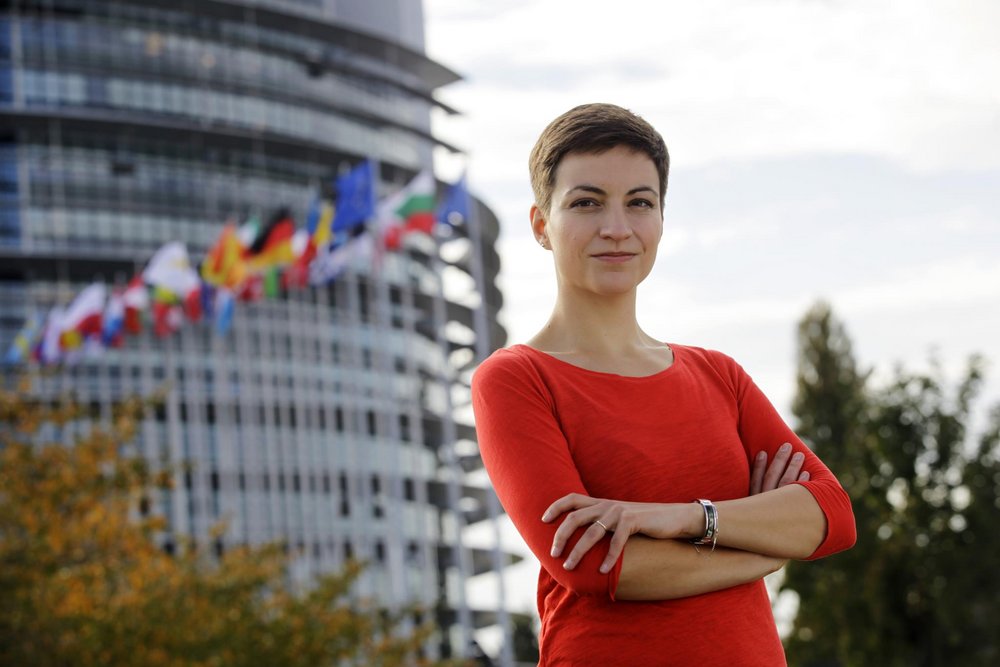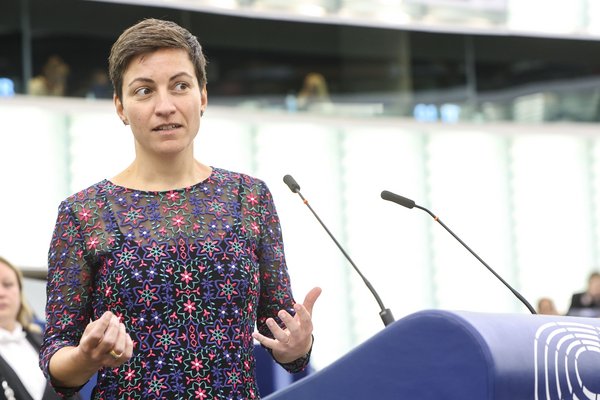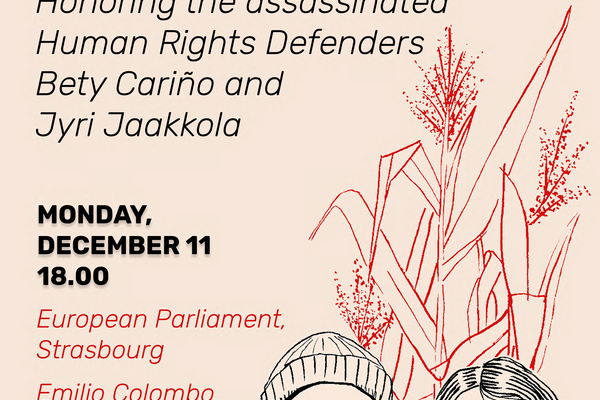European Public Prosecutor's Office: European Parliament committees support Kovesi for European Chief Prosecutor

Today, the European Parliament's Civil Liberties, Justice and Home Affairs (LIBE) committee voted on the candidates for the European Public Prosecutor's Office (EPPO). The EPPO, which will be tasked with investigating and prosecuting corruption, cross-border VAT fraud and crimes against the EU budget, will begin its work at the end of 2019. So far 22 EU Member States have signed-up to the EPPO aside from a few notable exceptions, such as the UK, Poland and Hungary.
The winning candidate in both committees is Laura Codruta Kovesi, the former head of the Romanian Anti-Corruption Agency (DNA), who has been widely celebrated for her efforts in prosecuting ex-officials for high-level graft and corruption in the country. Last summer Kovesi was forced out by the Social Democrat and ALDE government. The list of candidates also included: Jean-François Bohnert, an international prosecutor from France who help set-up Eurojust and Andrés Ritter a regional district chief prosecutor from Germany. Now, the Conference of Presidents will decide on the final position of the European Parliament on the 7th of March and then start negotiations with the Council.
Ska Keller, President of the Greens/EFA group in the European Parliament comments:
"The fact that the Romanian government are desperately trying to discredit Laura Codruta Kovesi shows just how effective she was in office. Kovesi's record speaks for itself and her selection as European Chief Public Prosecutor would make sure this new position is held by someone with outstanding experience, expertise and endurance.
"With both European Parliament committees choosing Kovesi as their pick for Chief Public Prosecutor it sends a strong signal that the EU takes the fight against corruption, graft and fraud seriously by selecting someone with a proven track record and the ability to stand up to political interference in the fight for justice. EU Member States and the Commission should listen to the independent selection board and the will of the European Parliament rather than giving in to a government that is currently aiming at de facto legalizing corruption."



![[Translate to English:] [Translate to English:]](/fileadmin/_processed_/1/6/csm_CX5A3058_dcf6af16d7.jpg)



![[Translate to English:] Zeichnung von einem Mann und einer Frau mit der Überschrift Bety y Jyri.](/fileadmin/_processed_/5/1/csm_230614_BetyJyri-Website_96cba086d2.jpg)